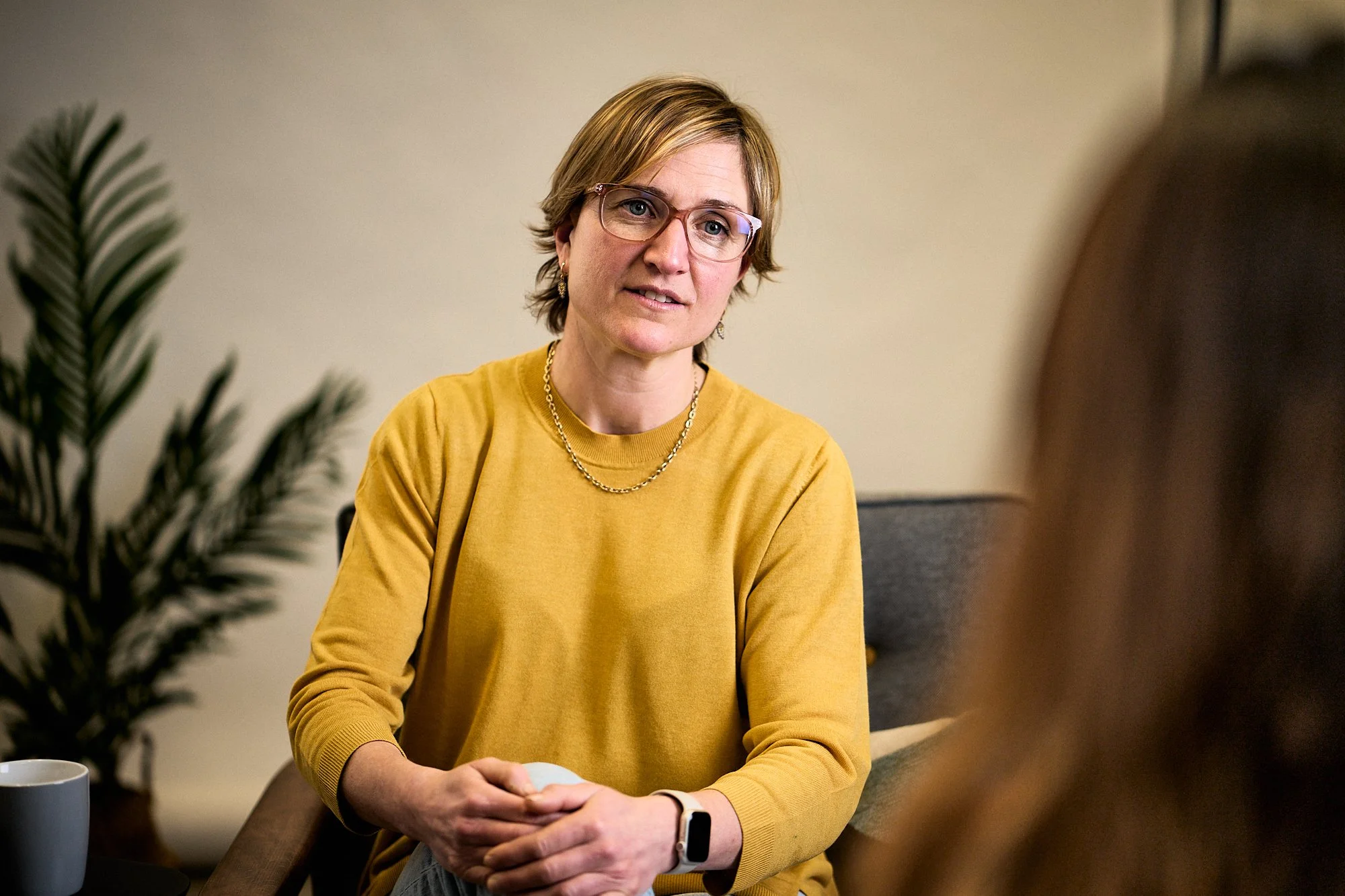chILDhood SEXUAL ABUSE
Childhood Sexual Abuse (CSA) can take many forms, all of which are deeply harmful. Survivors may experience long-term emotional and physical impacts.
CSA is far more common than most people realise.
csa more information:
-
Being cuddled or kissed in a way that left you feeling uncomfortable
Being bathed in a way that left you feeling uncomfortable
Having to look at other people’s genitals
Having to touch other people’s genitals
Unwanted touching of your breasts or genitals
Having to pose for photographs of a sexual nature
Being shown sexual films and/or having to listen to sexual talk
Having your vagina or anus penetrated by a penis, finger or object
Being forced to perform oral sex, or have it performed on you
-
Children are most often abused by someone they know and trust, such as a family member, friend, or caregiver. However, abuse can be perpetrated by individuals from any background, gender, or socio-economic status.
-
Grooming’ is a common practice amongst child abusers who will spend time and effort to firstly gain the child’s trust and then compel the child to do as she or he is told. Often bribes or threats are used to maintain compliance and allow the sexual abuse to continue.
Grooming can be so subtle that children may not realise it is happening until they are already being manipulated and coerced into abuse.
what does the law say?
No matter what you said, what you signed, how you responded, or how your body reacted, a child of 12 years and under cannot give consent to sexual interactions with anyone.
Penile penetration of a child aged 12 years and under is automatically rape whether the child believes they consented or not.
There is no single offence of ‘childhood sexual abuse’ however, the Sexual Offences Act 2003 lists the following crimes:
-
To penetrate with a penis the vagina, anus or mouth of a person aged 12 years and under.
-
To touch a child sexually
-
To penetrate sexually the vagina or anus with any part of a body (human or animal) or object.
-
Io cause or incite a child to observe any sexual activity; or to groom or to procure a child with intention to commit the above
How can you tell if a child is being (or has been) sexually abused?
Children who have been sexually abused may show emotional and behavioural changes. These reactions can also be common in children who have experienced other forms of trauma. These reactions include:
✔ An increase in nightmares and/or other sleeping difficulties
✔ Withdrawn behaviour
✔ Angry outbursts
✔ Not wanting to be left alone with a particular individual(s)
✔ Anxiety
✔ Sexual knowledge, language, and/or behaviours that are innapropriate for the child’s age
✔ Depression
If you or someone you know has experienced childhood sexual abuse, please contact our helpline to talk about how you’re feeling, what your choices are and how to ensure you feel supported through what can be a very difficult time.
HOW TO get help
24/7 support line 0808 802 9999
rEPORTING tO THE POLICE
If you are thinking about or want more information about reporting to the Police, please call our Independent Sexual Violence Advocate (ISVA) on 0208 683 3311
IF A CHILD IS IN DANGER
If you are worried about a child’s safety, please speak out immediately:
Call the NSPCC’s free 24-hour helpline 0808 800 5000 to discuss your concerns or report online.
nspcc
Parents, teachers, and other caregivers can contact us for more information info@RapeCrisisSouthLondon.org
Call the police – if a child is in danger, contact them immediately on 999
police
more facts
Rape & Sexual Abuse



